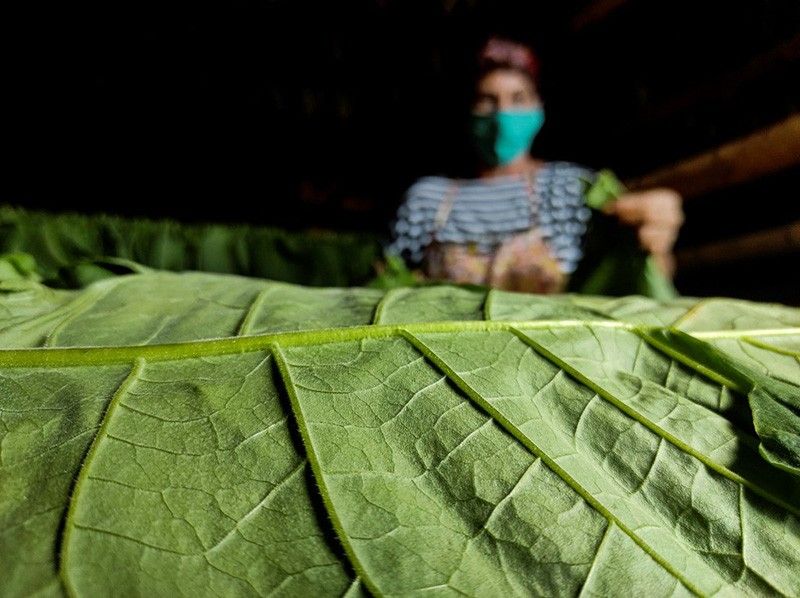Illicit trade: How can we nip it in the bud?

The unprecedented growth of the digital economy, fueled by pandemic-induced lockdowns in recent years, has significantly broadened market access, providing more people with the opportunity to access a wide range of goods.
However, this surge in accessibility has, at the same time, led to the proliferation of counterfeit products, which adds complexity to a market’s confusion between authentic and fake items. On top of the digital aspect, the smuggling of agricultural products remains rampant as well.
Illicit trade, in any context, is a complicated problem that has haunted governments around the world for as long as we can remember. Despite efforts to develop solutions, illicit traders seem to demonstrate adaptability, consistently finding creative ways to evade legal measures.
During a recent forum hosted by the National Tobacco Administration (NTA), Department of Agriculture Undersecretary Deogracias Victor “DV” Savellano underscored the gravity of illicit trade, characterizing it as a form of theft.
Particularly in the context of tobacco, which is a common target of clandestine activities, perpetrators not only steal from farmers and their families but also the government. Ultimately, all Filipinos are victims of this criminal activity as the revenues from the taxes on sin products are supposed to contribute to funding the country’s Universal Health Care.
Republic Act No. 11223, also known as the Universal Health Care Act, mandates the enrollment of all Filipino citizens in the National Health Insurance Program and introduces reforms in the health system. This initiative ensures that citizens have access to a comprehensive range of health services, shielding them from potential financial burdens.
Notably, Pulse Asia survey results consistently highlight Filipinos' personal concern for their health and well-being, underscoring the significance of health-related matters in their lives.
Bureau of Internal Revenue (BIR) Commissioner Romeo Lumagui Jr. highlighted during the forum that illicit trade poses health risks as well as economic harm due to resulting tax losses and an uneven playing field for legitimate businesses. This imbalance could potentially impact job and income security, posing a threat to overall economic growth and development.
Given these intertwined challenges, a collaborative and comprehensive approach from key government agencies is imperative to effectively tackle illicit trade. While increasing the taxes on specific products, particularly sin products, might be one strategy, it is essential to recognize that it is not the only solution.
It is best to proceed with caution as addressing one issue could potentially give rise to another, emphasizing the need for a balanced strategy to mitigate the complexities associated with illicit trade. It is not practical to solve a problem by creating another problem.
Hence, strengthening tax administration and law enforcement efforts emerges as a critical component in the multifaceted battle against illicit trade. The fact that illicit trade still persists means that current and previous efforts are not working properly and, thus, ineffective. It is necessary, then, to team up the public and private sectors to nip the problem in the bud. The first practical move is to clamp down on corrupt practices, which actually feed the feasibility of illicit trade.
By combining these practical strategies, the government can address the root causes of illicit trade and make the activity unfeasible. Sustainable illegal acts are at the core of illicit trade, so unless these are made unsustainable in the form of basic law enforcement, proper tax administration, and the application of common sense in public administration, the problem will persist as it has persisted for the last many decades. By looking the other way, policymakers become complicit in perpetrating the problem.
It is about time we called a spade a spade. Prioritizing the combat against illicit trade becomes an imperative not only for economic stability but also for the overall well-being and health of the nation's citizens.
After all, the effects of illicit trade impact not only on tax takes and the business environment but, more importantly, on the sustainability of the country’s universal health care system. That last one makes a lasting impact on each and every one of us because it is the people who, ultimately, will pay the price.
Venice Isabelle Rañosa is a research manager at think tank Stratbase ADR Institute.
- Latest





























